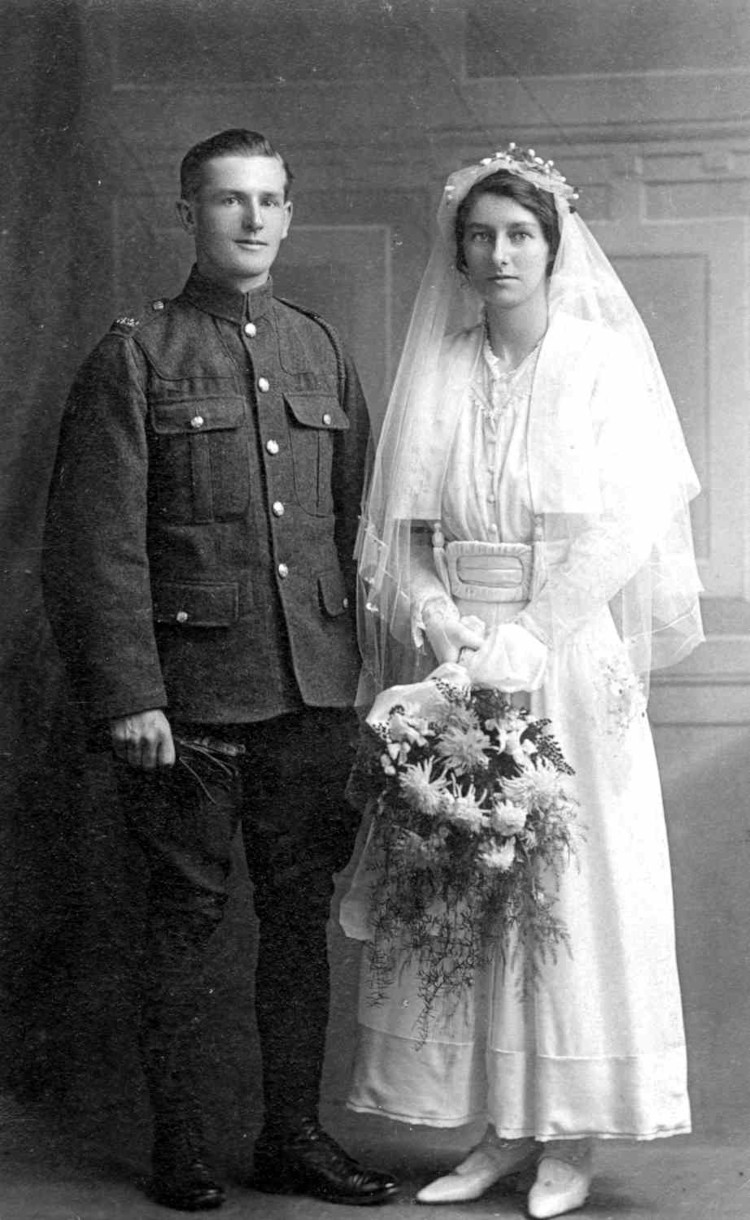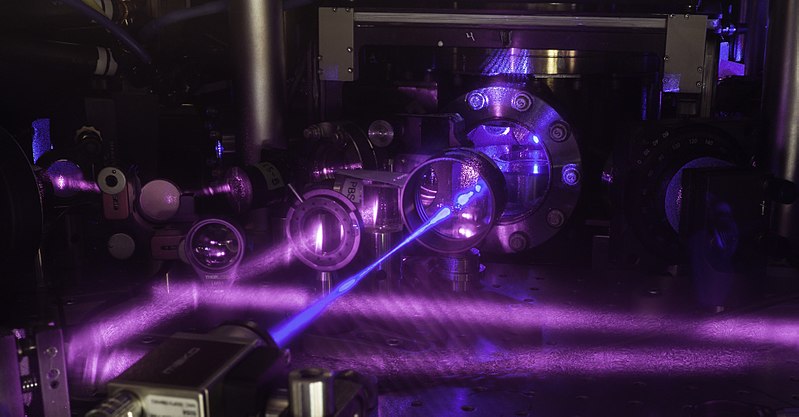SHUT: Reducing the working week will reduce unemployment, theoretically Reducing the hours in a week that an individual works, thereby ensuring that everyone remains in employment, can be achieved in a variety of ways. HMG could vary the hours on an annual basis according to the demands of employers. To do this the government would have to apply the techniques of production engineering to the management of society. It would be necessary to obtain the total annual standard minutes, from employers, each employed person was required to perform. This would also lead to better management, plus the employment of industrial engineers in all concerns, including government.
The introduction of a more meaningful and non-brutalizing national service (conscription) of say two years training followed by one months service each year, is not only a way of reducing working time thereby creating a demand for workers, but also a way of instilling discipline and a sense of belonging back into society. National service should not just be military in nature. It should include work on farms and in hospitals, to counter staff shortages, plus maintenance to homes occupied by the elderly and disabled.
By making higher education compulsory and free, the number of years a person was actually engaged in the productive part of their working life span would be greatly reduced.
Longer holidays and more bank holidays is another way of reducing actual working time, as would the banning of overtime. Part time jobs, contracts and self employment should not be allowed either. Companies would have to employ a minimum of one thousand people, as smaller concerns would not be able to accommodate training courses, social club and canteen facilities, for their work force. Inventors would be 'employed' along with their research staff, by the Department of Trade & Industry (DTI).
My mother's parents, pictured here, lived together from marriage to death, through thick and thin. Through shear luck they lived in a society based upon traditional values, in harmony with one another and their environment. It's time to restore those values, creating a higher level of civilisation in the process.
George & Hilda Millard's Marriage Certificate in 1915 George & Hilda Millard's Wedding in 1915 A person should be entitled by law to go on a qualification course of say one year every ten. This would become all too necessary as industry evolved rapidly as technology advanced, in order to counter the threat of competition.
Employment is important not just for financial reasons but also to give a person an identity in society, a purpose in life, a reason for getting about and making friends. It would promote the human interactions necessary for good mental health. As automation advances, the working week would be progressively reduced, to a minimum of say ten hours per week. For psychological reasons it cannot approach zero.
To make marriage more attractive and employment arrangements more secure, the male breadwinner working away from home should be encouraged. The housewife would be paid to have a child, look after it and educate it until the age of seven years. This would create the incentive for people to get married and stay married. Also, flexitime should be universal, to allow for leisure activities. Marriage for the procreation of children, should be promoted, in order to ensure that there are sufficient people to maintain and protect our civilisation. One of the reasons why the Roman empire collapsed. In the distant future, even with the growth of a fetus within an artificial womb, its development after birth, will still require a stable family background in order to ensure further development. Children would look after the medical needs of the elderly, whilst the elderly would teach the young social qualities. Education via PC linked to the Internet, would be located in street classes, moving from house to house on a weekly basis, accompanied by the elderly, in order to promote community spirit. There would be no primary schools. Secondary schools would be replaced by residential military academies, culminating in national service and job training. The military academies would be centred upon stately homes and other buildings of historical importance, designed to instil excellence. It may however be necessary to make single parent families illegal, as the cost in housing may prove prohibitive in time. With science progressing, homes will become self sufficient, potentially generating little tax revenue. In order to reduce the housing costs, people will have to live in groups containing at least two adults. Economics will force this issue, where products last longer thanks to better design tools, are easier to repair, such as with 3D printing via the internet, whilst hydroponics at home will drastically reduce transportation. All of this and more will greatly reduce tax revenue and hence government expenditure on the family, etc.
Until SPEVs (Specific Person Electronic Vouchers) comes along, it will be necessary to ensure that you receive the full amount of benefits entitled to you. With the advancement of automation and artificial intelligence, it's obvious that wages will have to be supplemented by benefits. Here are listed links to some organisations in the UK that advise in this respect. When you work National Insurance is deducted from your earnings, to the government, by your employer. It is only right therefore that you claim back what is due to you. When not employed you must register immediately as unemployed or sick, as not to do so will reduce your pension entitlement and other benefits.
2 WC Photo By NIST
Strontium Atomic Clock2 WC, Photo By Sardaka:
Hornsby Water Clock, Sydney, Australia
Ideas...2 Reducing The Working Week





